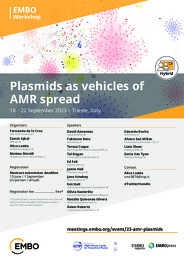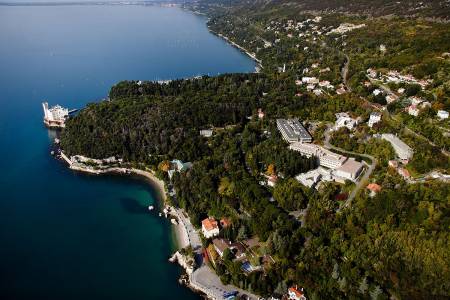About the Workshop
Antimicrobial resistance is a global threat to modern medicine, whereby bacteria evolve resistance to (i.e the ability to not be killed by) antibiotics. Since bacteria are able to pass chunks of DNA between unrelated individuals, this allows them to pass around genes encoding resistance mechanisms - in other words they can give each other an evolutionary head-start, directly donating the ability to survive an antibiotic. Plasmids are key players in this, acting as vehicles of antimicrobial resistance (AMR) spread, able to transfer tens of genes, and therefore multidrug resistance, in one event.
It is therefore critical that we understand their biology, ecology, and epidemiology.
Recent technology developments (long-read sequencing and targeted bioinformatic tools) have led to improved ability to observe these processes, making thorough investigation of plasmid-mediated AMR outbreaks possible. However, it has also highlighted how complex plasmid evolution is, the uniqueness of plasmid eco-evolutionary processes and the unsuitableness of many chromosome-based methods like point-mutation- and tree- based phylogenetics. New models are needed to be able to understand the processes that genomics allows us to observe and to appreciate their clinical and epidemiological implications in the light of plasmid evolution.
This EMBO Workshop aims at bringing together modelers with the different research communities investigating plasmid evolution, ecology, genetic epidemiology and the mechanisms and dynamics of AMR spread to make a point on plasmids evolution, ecology, and their role as vehicles of AMR spread, highlight the recent progress and finding innovative approaches to tackle the open issues.
About EMBO Courses and Workshops
EMBO Courses and Workshops are selected for their excellent scientific quality and timelines, provision of good networking activities for all participants and speaker gender diversity (at least 40% of speakers must be from the underrepresented gender).
Organisers are encouraged to implement measures to make the meeting environmentally more sustainable.








